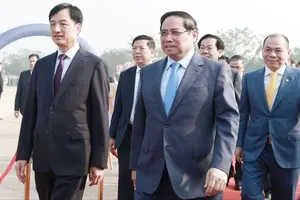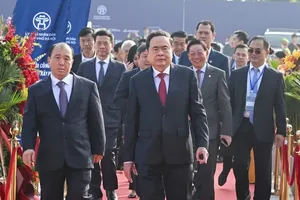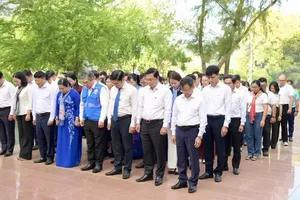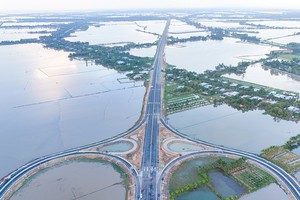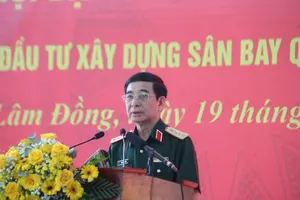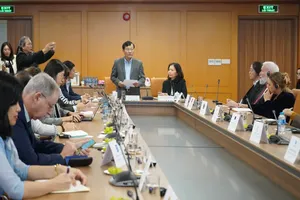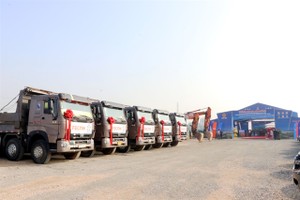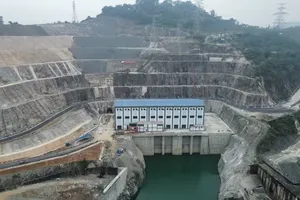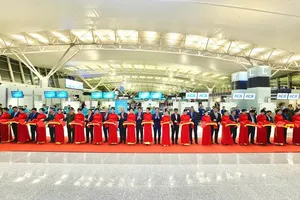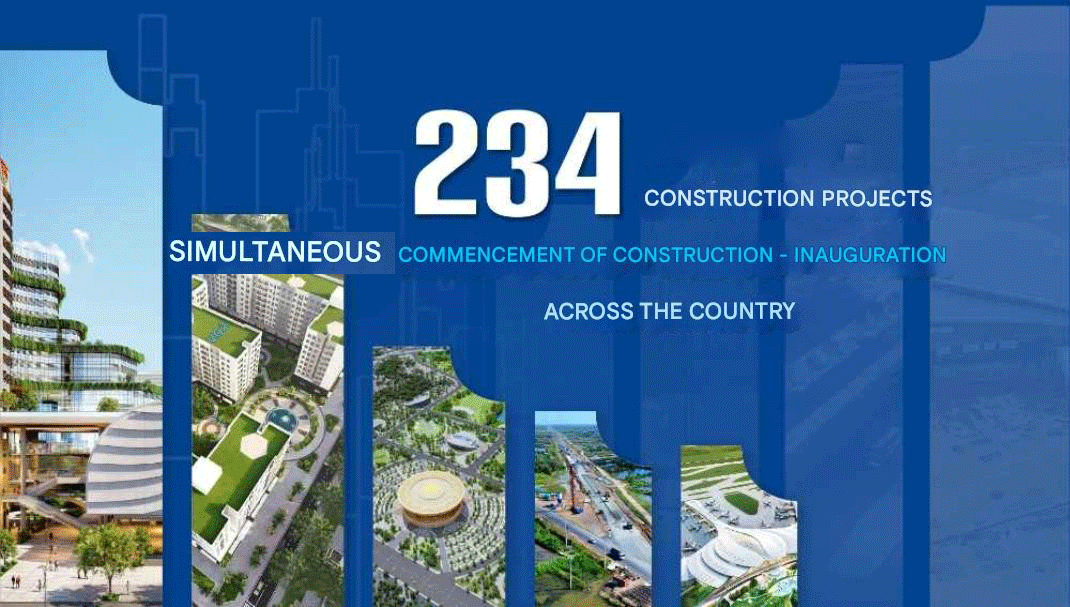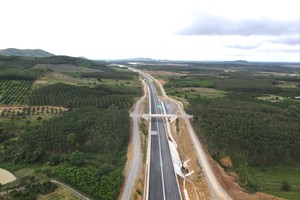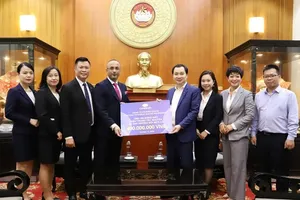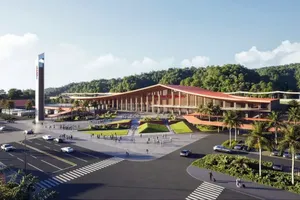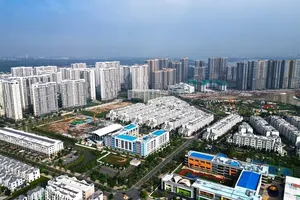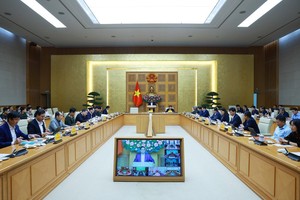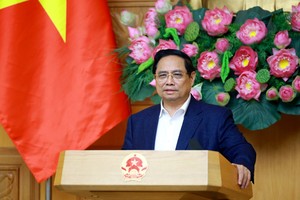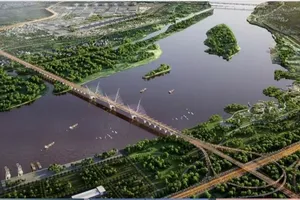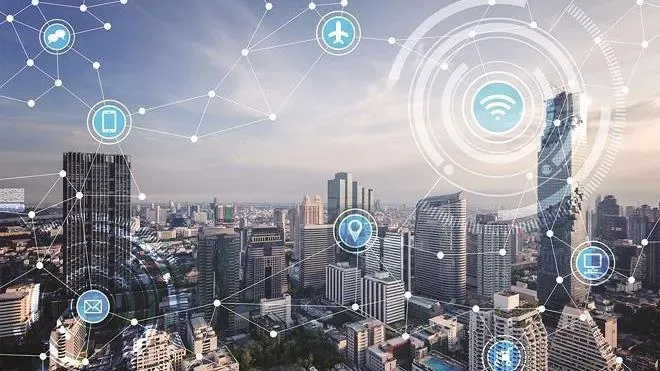
After seven years of implementation, numerous legal documents have incorporated smart urban development objectives, and to date, 45 standards relating to smart urban development have been issued.
According to the Ministry of Construction’s report on smart city development for the 2018–2025 period, 29 out of 43 localities (prior to the administrative unit consolidation) have completed the deployment of the Local Government Service Platform and connected it to the National Government Service Platform—an e-government system enabling integration and data sharing between national and local government databases.
Meanwhile, 19 out of 43 localities have established shared databases or provincial data centers. The Ministry of Public Security has advanced Project 06 on population data, linking with 15 ministries, agencies, and localities.
At the same time, the Government is working to create mechanisms for piloting new technologies and business models not yet regulated by law, within defined spatial, temporal, and risk-controlled boundaries.
Currently, a draft decree on smart urban development is under preparation, aiming to unify understanding, establish a comprehensive legal framework, and clearly define the responsibilities of relevant stakeholders. The will decree also specifies maturity levels for smart cities, with the Ministry of Construction tasked with issuing a set of indicators and assessment guidelines. Importantly, a mechanism will be established to support post-pilot scaling. Products and services successfully deployed in pilot programs will be prioritized in public procurement, thereby motivating enterprises to engage in innovation.
Despite these advances, challenges remain. Data remains fragmented and poorly connected; human resources are insufficient; and implementation is still fragmented, with most projects confined to pilot phases. To overcome these barriers, the essential factor lies in strong collaboration between government and citizens.
Many localities have introduced on-site reflection services to strengthen citizen-government engagement in detecting and resolving urban issues in real time. Mobile applications such as Hue-S, SmartAnGiang, Bien Hoa SmartCity, and Phu Quoc – Kien Giang are enabling residents to interact with authorities and access smart services more conveniently.
Citizens, in essence, act as the city’s 'living sensors'. By providing data, participating in oversight, and reporting real-world conditions, they contribute directly to improving services. This two-way interaction empowers governments to make decisions more quickly and accurately, while ensuring that public services are increasingly aligned with actual needs paving the way toward truly smart cities.
